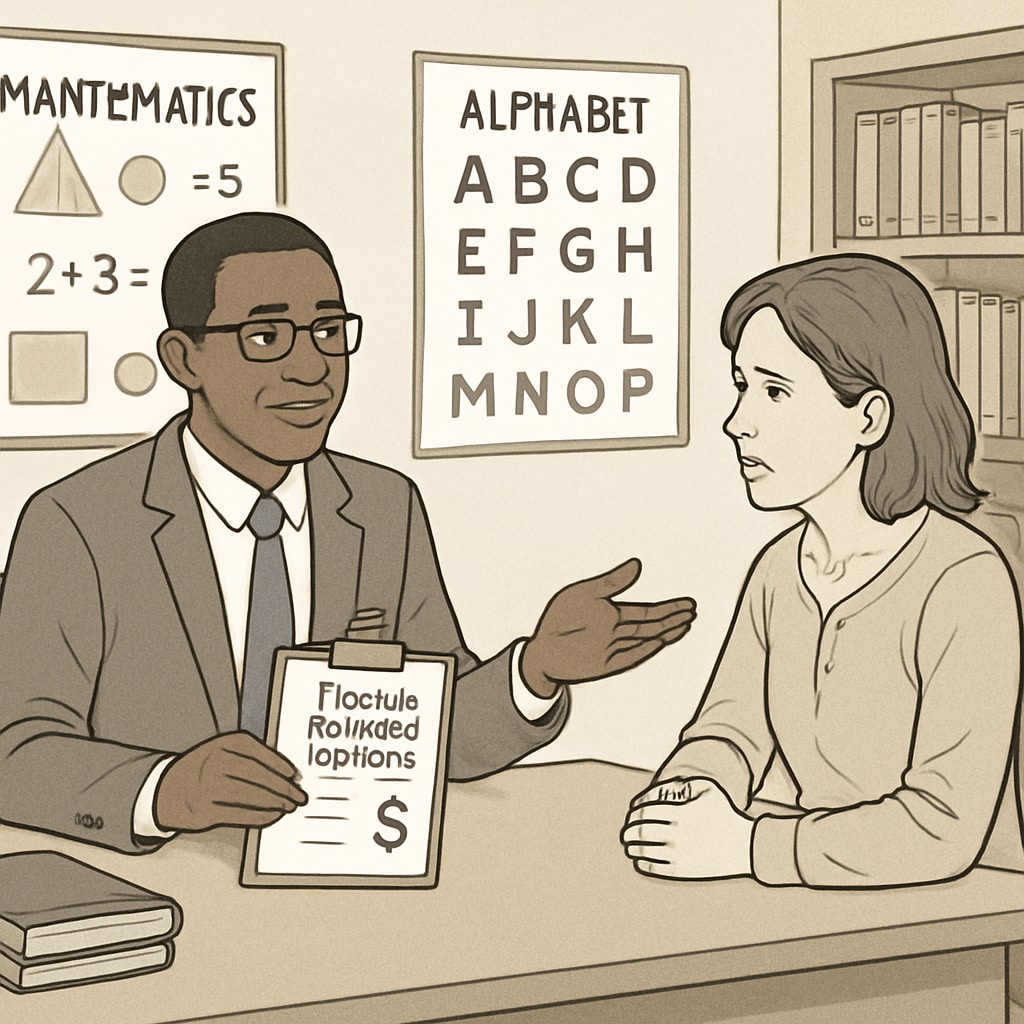For students navigating the K-12 educational system, academic transcripts are essential for opportunities such as college applications, scholarship eligibility, and career readiness. However, when unpaid balances remain on their accounts, many students encounter roadblocks in accessing these critical documents. This tension—balancing the financial obligations of education institutions with the developmental needs of students—raises vital questions about fairness and accessibility. In this article, we explore the implications of withholding transcripts due to unpaid balances, the potential long-term impacts on students’ futures, and strategies for addressing these challenges while maintaining institutional sustainability.
Why Academic Transcripts Matter
Academic transcripts serve as official records of a student’s performance, detailing grades, completed courses, and sometimes participation in standardized tests such as the PRC (Philippine Regulatory Commission) examination. These documents are indispensable for various milestones in a student’s life. For example, a high school transcript is often a prerequisite for university admissions, while transcripts may also be required for job applications or professional certifications. The inability to access these records due to unpaid fees can create significant barriers, limiting students’ potential and perpetuating cycles of financial hardship.

The Controversy: Withholding Transcripts Over Outstanding Balances
Many educational institutions enforce policies that prevent students from obtaining their transcripts until all financial obligations are fulfilled. These policies are often justified as a means of encouraging timely payment and supporting the operational costs of schools. However, critics argue that such practices disproportionately affect economically disadvantaged students, exacerbating inequality and limiting access to future opportunities.
For instance, a student unable to access their transcript may miss deadlines for college applications or job opportunities, creating a ripple effect of lost chances. Furthermore, this practice may conflict with the principle of education as a fundamental right, particularly when it hinders a student’s ability to progress academically or professionally.
Balancing Financial Responsibility with Education Fairness
Striking a balance between financial responsibility and equitable access to education is undoubtedly challenging. However, some potential solutions can address this issue without undermining institutional sustainability:
- Flexible Payment Plans: Schools can offer installment-based payment options, allowing families to manage their financial obligations over time without immediate penalties.
- Partial Transcript Access: Providing students with unofficial copies of their transcripts for specific purposes (e.g., college applications) can help mitigate the impact of withholding official documents.
- Financial Aid Programs: Expanding access to scholarships or emergency funds for families facing financial hardship can reduce the prevalence of unpaid balances.
- Community Partnerships: Collaborating with local organizations or businesses to create sponsorship programs can ease the financial burden on families while fostering community support for education.
These strategies can create pathways for students to access critical documents while maintaining the financial health of educational institutions.

Global Perspectives: Lessons from Other Systems
Globally, countries have adopted various approaches to address the issue of unpaid balances and access to transcripts. For example, some states in the U.S. have introduced legislation prohibiting public schools from withholding transcripts for unpaid fees. Similarly, in countries with publicly funded education systems, such barriers are less common, as schools often prioritize accessibility over financial penalties.
These examples highlight the importance of aligning institutional policies with broader societal goals, such as reducing inequality and ensuring equal access to educational opportunities. By learning from these practices, institutions can develop policies that are both fair and financially sustainable.
Conclusion: A Call for Collaborative Solutions
The challenge of accessing transcripts with outstanding balances underscores a broader issue within education systems: the need to balance financial sustainability with fairness and accessibility. By adopting innovative solutions such as flexible payment plans, financial aid programs, and community partnerships, schools can support students in overcoming financial hurdles while maintaining their operational integrity.
Ultimately, education is a powerful tool for breaking cycles of poverty and creating opportunities for future generations. Ensuring that all students have access to their academic records—regardless of financial circumstances—is a critical step toward achieving this goal.
Readability guidance: This article uses short paragraphs, bullet points for clarity, and a moderate tone to ensure accessibility for a broad audience. Transitions such as “however,” “for example,” and “in addition” are used to enhance flow and readability.


